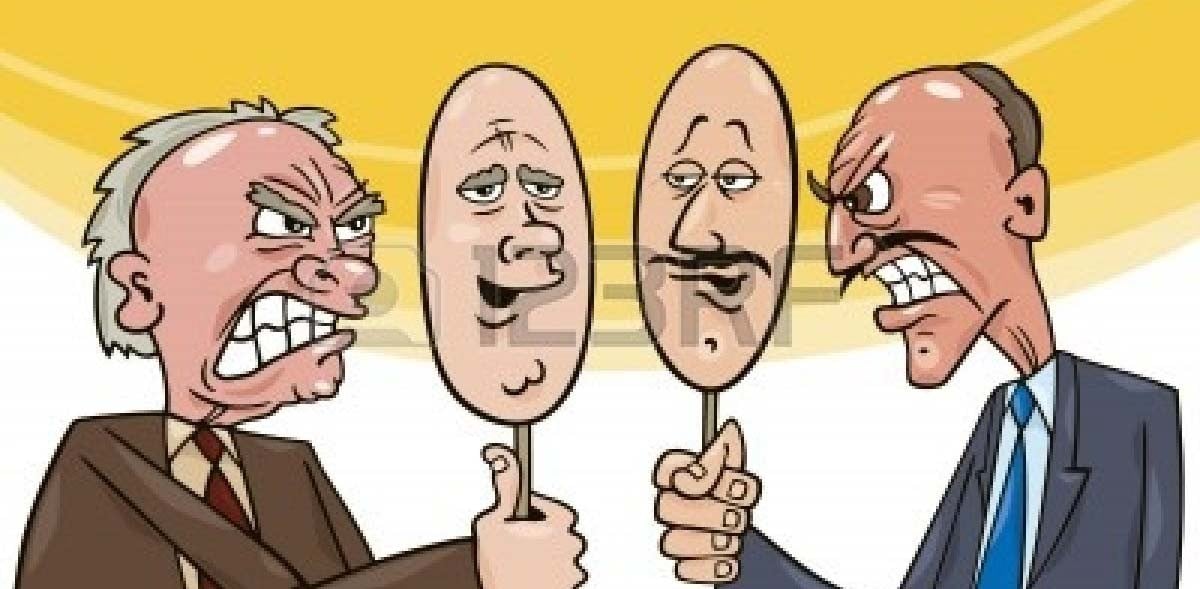

Diplomacy is not a jugglery, but a wisdom-oriented, high profile courteous relationship that plays a healthy role in establishing the relation of different states on this planet. The duty and role of a diplomat is certainly not to create agony and misunderstandings, but to ensure not only the interest of his own country but also to honour the prevailing laws of the host station.
It is a fact that only diplomats are not the charismatic creatures to run the state policies abroad; many non-career diplomats have proven to be the icon of foreign policies.
It is a fact that the original induction in foreign service is based on qualifying Central Superior Services (CSS) examination in Pakistan and then the interested individuals opt for diplomatic cadres. The Ministry of Foreign Affairs is not a unique ministry as compared to other ministries of the government, though the nature and orbit of duty are different. Efficiencies of our diplomats can be very easily measured by their performance at different world forums.
Pakistan has always faced hardship in getting majority votes on so many issues in the last few decades that reflects the performance of the career diplomats.
The technique of diplomacy cannot be inherited, rather its sense can be developed by knowledge, observation and God-gifted qualities. The very much example is that of late Yasser Arafat, Chairman PLO, who though by profession was an engineer but yet the entire world acclaims him as a very efficient diplomat. The same is the case with late Z.A. Bhutto and Henry Kissinger who both having high sense of diplomacy, established strong relations of their countries with China.
Diplomacy cannot be attributed only to those who are working in the Ministry of Foreign Affairs because monopolising a field cannot give fruitful results. Diplomacy has its own art and it is not mathematics. Whosoever has the vocabulary, convincing stance, high standards of mannerism and a deep insight into the world history and current affairs, can possibly prove to be a good diplomat to some extent. Journey towards excellence and perfection has always enough room and the field of diplomacy inspires high-profile individuals to identify venues for excellent diplomacy.
The first priority of each government is to establish friendly relations with its neighbours and other states of the world. It is the absolute prerogative of any government to appoint appropriate persons as envoys. How can an individual who has strong intellectual background, is articulate and wisdom-oriented, enriched with high sense of diplomacy, but due to some reasons has not been an active member of the Foreign Service in the past, be deprived of the opportunity to express himself on the diplomatic grounds?
The policies are generally initiated and approved by the government and not by the Foreign Office. Intelligence and capability are God-gifted phenomena. In the past, General Gul Hassan and General Jehangir Karamat (former COASs), Air Marshal Rahim Khan, former Air Chief, Major General Khurshid Ali Khan, and Rustam Shah Mohmand and so many other non-career envoys were sent as ambassadors to different countries. Can anyone point out any deficiency in their performance as ambassadors of Pakistan?
Posting to Washington, London and Riyadh demands high profile personalities because of the nature of duty at these stations. Pakistan normally prefers career diplomats for posting to Moscow, Beijing and Paris due to the specific environment and nature of relation with these countries. A person might have a deep bookish insight into the subject of diplomacy, but on practical grounds he may fail to prove himself. The apprehensions that a politically appointed envoy or ambassador might be loyal to the head of state/government or the appointing authority has no weight because being obliged to the appointing authority does not affect the dutifulness in one’s own office.
If we look at the foreign office’s mechanism of the United States and the performance of their Secretaries of States, like Condoleezza Rice and Madeleine Albright, these secretaries performed their duties to the best of their abilities though they were not career diplomats. The basic duty of a career diplomat is to make his stance convincing to the counterpart and achieve the objectives assigned to him by his government. Now, the concept is becoming clear that these respective qualities can be possessed by a non-diplomat as well.